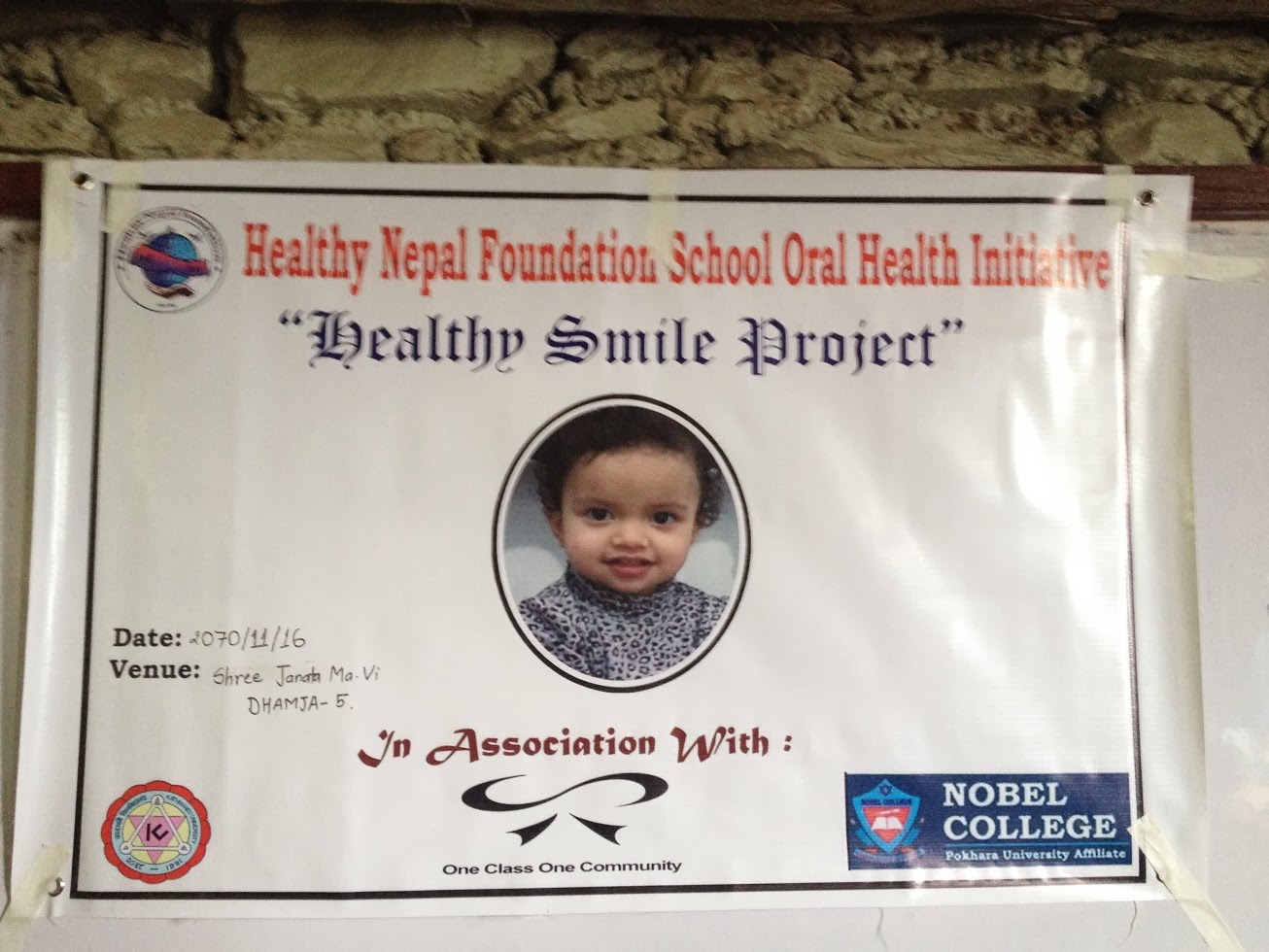Hope; a
feelings that ones expectation will be fulfilled in the near future. A student
have hope to be a successful person in future, a business person hope for more
profit,a researcher hope to give new theory ,a leader hope for the development
of the county and so on. Everyone in the world are living in the ship of
hope,but does really everything goes well as we hope?
The social
status is not ascribed but in our society women are given social status by
birth to be inferior to men. Women are treated as the object in their own
homes, of beating rape,incest and traditional practices such as honor
killings,dowry related violence,genital mutilations,son preference and early
marriages furthermore,women are also target of violence in
society(e.g.,rape,sexual abuse,trafficking,forced prostitution,pornography).
Even today women have to sleep in stables, separate from others when they are
undergoing their monthly menstruation because they are considered as “impure”to
contaminate others.Still the girls in rural Nepal are married off before
puberty. Female are not allowed to walk alone and talk with male friends.Girls
are deprived from education because they have to get marry and go to their
husbands home.This could be because of customs and traditions we are following
years long,which forced the women to tolerate the violence as tradition and
part of their life and further more due to so many year of violence women has
become habituate to it and thus cannot raise their voice against the torture
they face in everyday life.
Questions: is this
possible”? Will our dreams come true?



